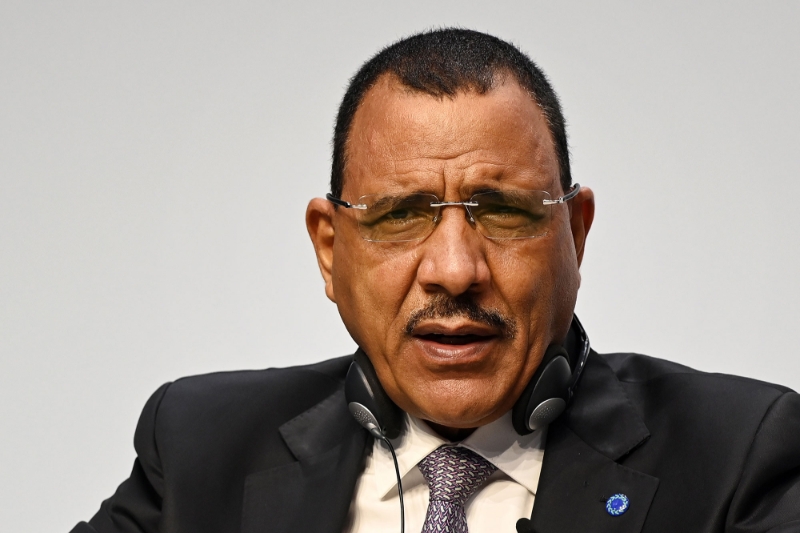On Wednesday, a worrisome development caught the attention public as the entry to the official residence of Niger President Mohamed Bazoum was reportedly sealed off.
The incident, as reported by a reliable source close to Bazoum, left many citizens puzzled about the motive behind the decision.
Among the landlocked countries in West Africa, this nation stands out for its frequent susceptibility to coups, having encountered four such instances since gaining independence from France in 1960, coupled with several attempted coups.
Bazoum’s residence and the presidential offices in Niamey were cordoned off by guards; however, there were no signs of abnormal military deployment or gunfire in the area. An AFP reporter at the scene witnessed normal traffic flow despite the restrictions.
Read also: Kenya: Ruto Agrees To Meet Leader Of Opposition Protests
Bazoum, who secured his democratic victory in 2021, enjoys a strong alliance with France.
The country’s last coup took place in February 2010, involving the removal of then-president Mamadou Tandja from office.
The nation of Niger is struggling with two jihadist campaigns – the first entered from Mali in 2015 and expanded to the southwest, while the second involves militants operating from northeastern Nigeria, specifically in the southeast region.
While there are no details for the course of action, the public waits for official explanations on the restricted entry incident, the citizens and the international community remain hopeful for a peaceful and stable resolution.
The incident serves as a reminder of the delicate political and security structure in Niger, and the importance of addressing the root causes of instability to ensure long-lasting peace and progress for its people.

